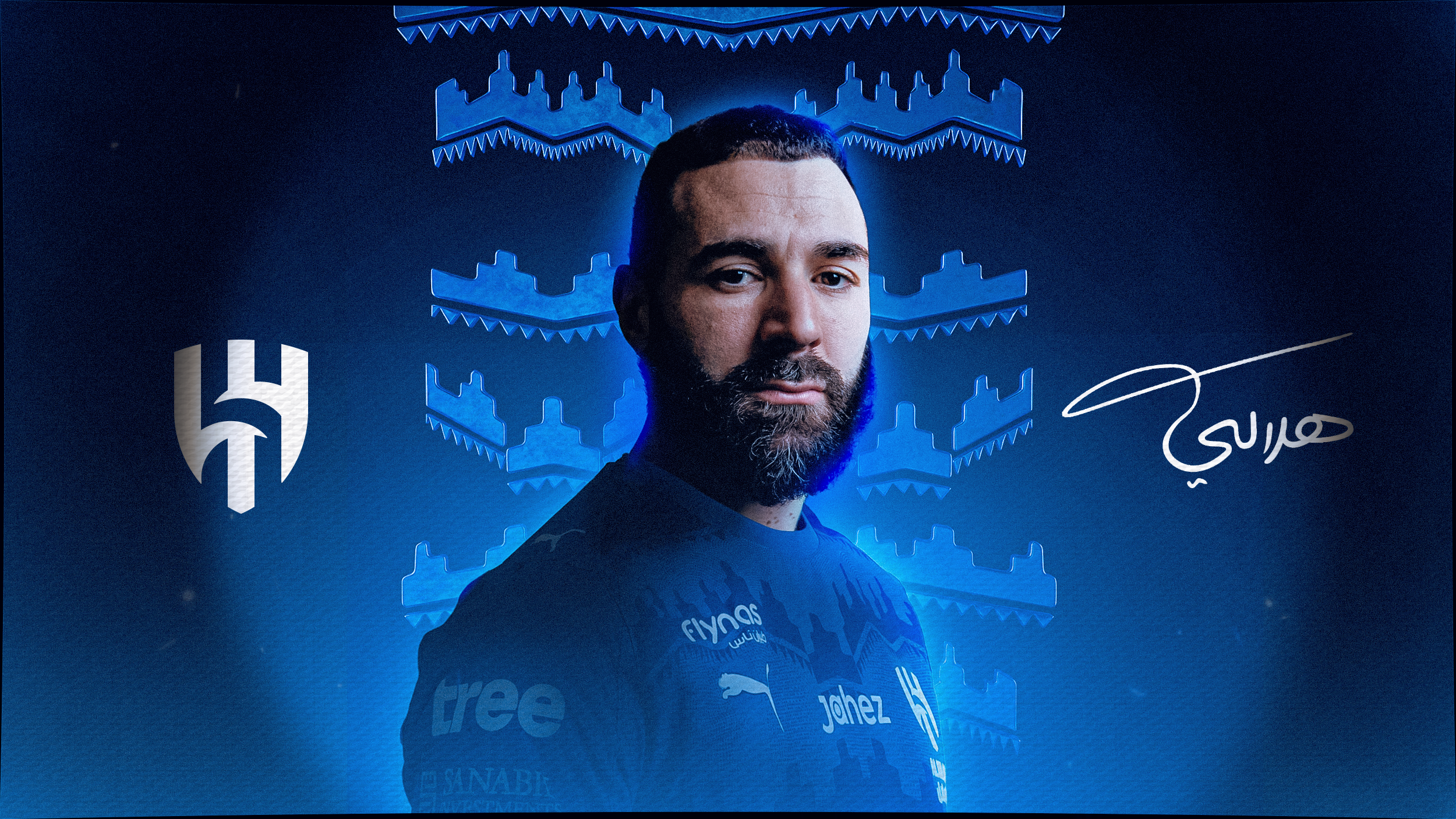Traditional Rulers Have No Constitutional Powers to Impose Bans
Let’s be clear: traditional rulers in Nigeria have no constitutional authority to impose or enforce bans. Their functions are largely symbolic, advisory, cultural, and mediatory, particularly on issues related to customs, festivals, and community traditions. If a traditional ruler desires that a particular policy or restriction be made law, the proper democratic process is to present the proposal to the State House of Assembly, where it can be debated and, if found appropriate, passed into law by elected representatives of the people. In the present case, concerned residents of Lagos State should seriously consider challenging such actions in court to reinforce the principle that traditional institutions have no legal power to issue enforceable directives. This issue goes beyond one community or ruler—it is about upholding constitutional order and democratic accountability. Lagos, as Nigeria’s most cosmopolitan and economically vital state, must not set a precedent that allows unelected individuals to wield powers reserved for elected officials. Allowing such practices to stand risks blurring the line between cultural authority and constitutional governance, a development that could undermine both democracy and the rule of law.

